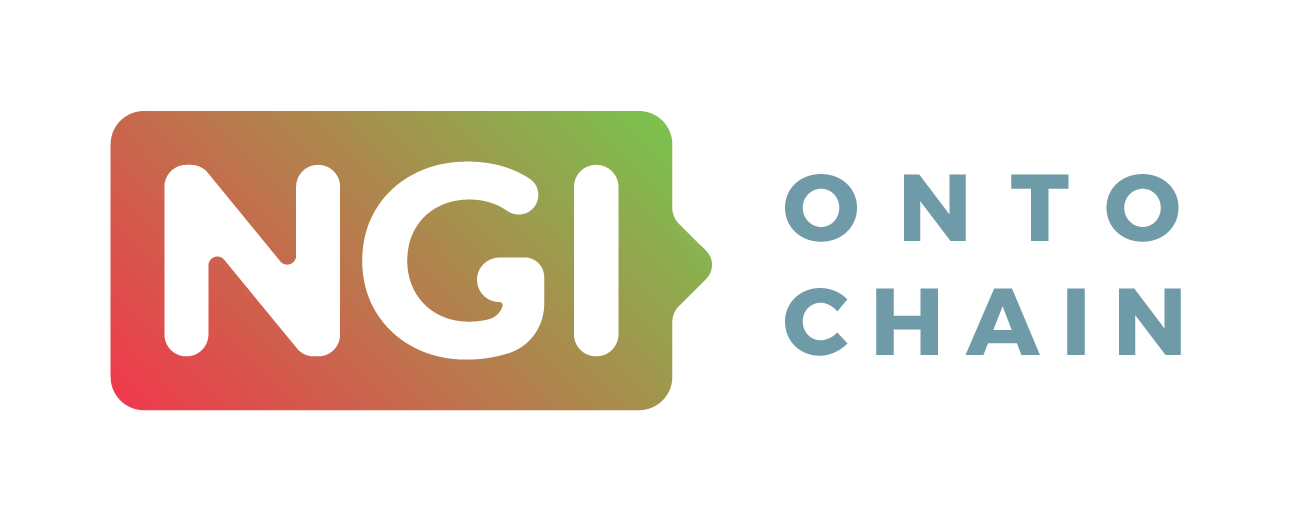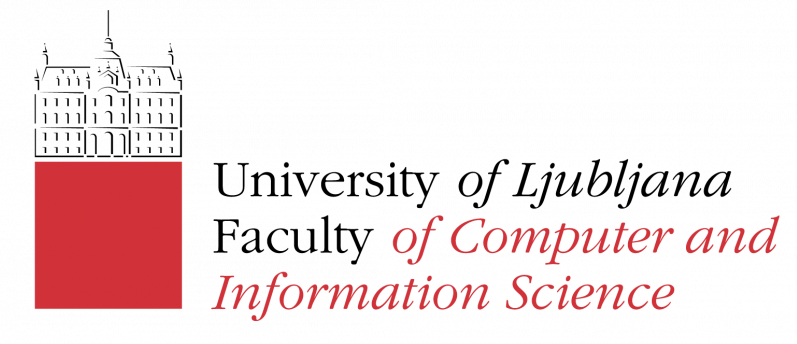Interoperability, interconnectivity and integrity are important pieces in OriginTrail Decentralised Knowledge Graph (DKG). By joining ONTOCHAIN, these innovators want to go even further and add a fourth “I”: incentivisation!
In this interview, team member Branimir Rakić explain us how they want to enable organisations and individuals to take part in the upcoming knowledge economy in a sovereign, human-centric and privacy preserving fashion.

How did you hear about ONTOCHAIN and what drove you to apply?
We have been a part of the NGI ecosystem for a while, having participated in NGI Ledger, NGI Dapsi and NGI Atlantic programmes, so when we spotted NGI ONTOCHAIN, it was a natural thing to apply. We have done some amazing things within the NGI open calls listed above. Food Data Market and Open Provenance Knowledge Graph, both based on the open-source OriginTrail Decentralized Knowledge Graph (DKG), are just some of the achievements from our NGI journey. So, we were very excited when we found out that we will contribute to the ONTOCHAIN ecosystem.
Tell us a bit about the story behind your team. What drives you and what brought you together?
Trace Labs’ mission is to organise humanity’s most important assets, making them discoverable, verifiable, and valuable. To this end, we have developed the open-source OriginTrail Decentralized Knowledge Graph (DKG), combining the power of blockchains (trust networks), knowledge graphs (semantic networks), and global data standards (e.g. WC3 and GS1) to form the permissionless semantic layer of Web3. Our team consists of diverse skill sets in software engineering, from protocols development, identity frameworks, DLT architectures and cryptography, to web development, web design and semantic interoperability. Together with world-class partners, such as the British Standards Institution (BSI), we drive deployment of human-centric, trust-enhancing technology, powering physical (real-world) assets, metaverse, and the semantic Web3.
Can you briefly explain your project and its contribution to the ONTOCHAIN software ecosystem?
With our project, we seek to propose a rounded approach adding to ONTOCHAIN’s distributed storage, core protocols and application protocols stack to facilitate transition from a broken data economy to a trusted, semantic, human-centric and privacy-by-design adopting knowledge economy. We are building our proposition on Trace Labs’ multi-year effort of turning data into structured, connected and trusted knowledge with OriginTrail Decentralised Knowledge Graph (DKG). Within the scope of the project, we will elevate the three already supported “I's” in the OriginTrail DKG - interoperability, interconnectivity and integrity - and propose a suite of tools required to enable the “4th I” - incentivisation. The four knowledge economy incentivisation tools that we aim to build are knowledge tokens, knowledge wallets, knowledge marketplace, and knowledge tenders. This will enable ONTOCHAIN core protocol functionalities of identity management and authorization, secure decentralized data storage, certification, and knowledge graph semantic services such as verifiable data linking using cryptographic connectors.
How did you come up with this idea? What’s unique about it? And what will be the end user benefits?
The last two years were challenging in many ways and they also put a light on the currently broken state of the data economy. At the same time, this period showed that consumers have very little visibility into the sustainability practices of the products and services they purchase. The pandemic of COVID-19 further showed that it’s not just the consumers that are in the dark. Many governmental organisations and medical retailers were severely struggling to ensure safe and certified essential protective equipment. Another important momentum gathered around personally identifiable information being managed and appropriated by tech monopolies for their own benefit. All the above challenges are inherently tied to data as we are faced with a landscape of fragmented, disjointed, and dormant data produced by both, organisations and individuals alike. The only way we can achieve sustainability for such a data economy is by turning data into knowledge and enable all organisations and individuals to take part in the upcoming knowledge economy in a sovereign, human-centric and privacy preserving fashion. With the Incentivization tools, built on the open-source OriginTrail DKG, we will enable individuals and organisations to, on one hand, unlock the dormant value of their data by turning it into knowledge and monetizing it, and on the other hand, access knowledge provided by other Knowledge Economy participants to generate business value.
You are contributing to ONTOCHAIN’s mission of delivering a new software ecosystem for trusted, traceable & transparent ontological knowledge. How is ONTOCHAIN contributing to your own ambitions?
Expanding the OriginTrail Ecosystem with new Incentivisation tools will enable the transition into a Knowledge Economy, further increasing the Ecosystem’s utility and unlocking additional ways of utilizing the OriginTrail Decentralized Knowledge Graph (DKG). In turn, this will drive extended cooperation with existing organisations, and allow us to engage with additional ones. Furthermore, the Incentivization tools will significantly expand the pool of potential users by going beyond organisations and enabling individuals to participate in the Knowledge Economy. Ultimately, this will lead to significant growth of the DKG, and as the graph grows, so does the value it provides to the users - be it individuals or organisations.
How do you assess the experience of working with other teams in the co-creation of the ONTOCHAIN ecosystem? What type of synergies do you want to explore?
The teams we have been talking to are incredible. We are inspired by their ideas and excited to dig into the best ways we can collaborate. Together, we are exploring the implementation of OriginTrail Decentralized Knowledge Graph in other environments, systems, and platforms and have already identified new paths where our project could successfully expand.
What are your expectations regarding the new software ecosystem that ONTOCHAIN will deliver and its contribution to the NGI priority areas?
Our expectations are a vastly improved veracity of claims, clear ownership of knowledge, and a streamlined way for organizations and individuals to participate in knowledge creation and exchange. This is a basis of the future knowledge economy which changes the dynamics between service providers and citizens, with the latter being able to take a proactive role in knowledge exchange, verification, monetisation and finally taking conscious decisions as knowledge and product consumers. With a strong focus on semantics, the ecosystem will also provide critical infrastructure needed to unlock the power of machine learning and other areas of AI based on linked and verifiable knowledge.

 This project has received funding from the European Union’s Horizon 2020 research and innovation programme under grant agreement No 957338
This project has received funding from the European Union’s Horizon 2020 research and innovation programme under grant agreement No 957338




